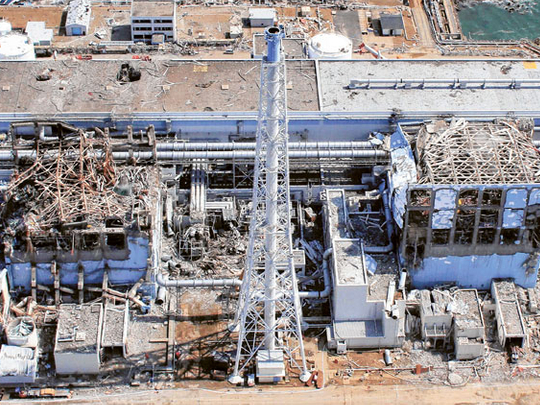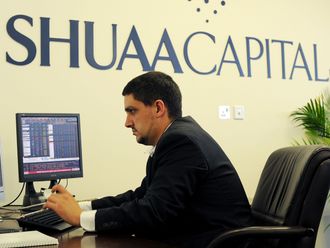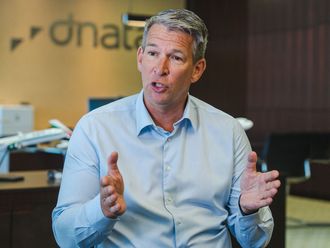
Last week I discussed the likely policy changes in Japan with respect to nuclear energy in the aftermath of the Fukushima nuclear disaster — no more reactors will be built and the country may become nuclear-free in the long run.
The most radical reaction to the disaster is in Germany since opposition to nuclear energy there is historical. The Germans decided a long time ago to abandon nuclear energy but the decision was reversed later in a poll.
Fukushima renewed the public demonstrations and Germany immediately decided to temporarily close seven of its 17 reactors and ordered safety reviews for all. The review emphasised that "no safety concern has been found in regard to the nuclear reactors stress safety test", but observers believe that the seven old reactors are unlikely to operate again, especially because there was no shortage of electricity after the closure.
German Environment Minister Norbert Roettgen admitted that these plants are not as "robust" as other newer facilities. Of course no sudden retreat can be acceptable as over 22 per cent of German electricity is nuclear and time is needed to establish alternatives.
But the most profound "change of mind" in Germany is that of the Chancellor Angela Merkel who appointed an "Ethics Commission" to study the future of electricity generation and concluded that Germany should abandon nuclear power.
Benefit
Only last year, Merkel decided to extend the life of the 17 reactors even though a poll showed more than 60 per cent of the Germans want their country to give up nuclear energy without delay. Merkel had spent months revising the Schröder policy, in what her critics described as a gift to the nuclear lobby.
Merkel admitted that the Japan disaster made her change her mind and she surprised voters by calling for a swift German phase-out of nuclear power.
The commission's draft report advises that all the reactors should be shut down by 2021, which is much more radical than the reaction in Japan. The report will only become final by the end of the month and will recommend "a complete withdrawal" from nuclear energy.
There is no doubt that the German economy could benefit from the reduction of energy use by conservation and efficiency improvement measures and the development of alternative power sources, the very elements that are supposed to substitute nuclear power. Wind and solar energy already supply 16.5 per cent of German electricity, from a level of only 5 per cent in 2000, and the country has one of the fastest growing renewable energy markets in the world. The previous target of 30 per cent renewable electricity by 2020 is expected to be greatly surpassed by the upcoming policy shift.
US nuclear retreat
In the US the "nuclear renaissance" may now be turning to "nuclear retreat". Although president Obama defended the use of nuclear energy, conditions on the ground suggest at least a slowdown. Reactor components manufacturing company Areva has postponed indefinitely the construction of its US plant, and the crisis in Japan did contribute to a decision last month to put on hold construction of two nuclear reactors in south Texas.
The US Nuclear Regulatory Commission (NRC) described the construction of the Calvert Cliff 1,500 MW reactor as "ineligible" because of French ownership that is prohibited by federal law although no environmental impacts have been found against the project. Illinois lawmakers are no longer pushing for an end to a 24-year ban on nuclear power.
Merrill Goozner in the Financial Times of May 9 suggests that it is not only the impact of Fukushima but "the heavy subsidies needed to build new nuclear plants and the increased costs from tougher safety standards" which make "nuclear less competitive option for producing electricity than a mix of cheap natural gas, wind and even solar power, which is rapidly declining in cost".
The NRC was recently criticised in the House of Representatives for a number of issues related to the industry where representatives from states with plants near major cities and seismic faults wanted them shut down, and states with new plants on the drawing boards wanted faster reviews and states with large quantities of nuclear waste wanted a long-term storage facility.
The NRC has 12 licence applications under review as the first hearing on a new reactor application since the 1970s to be conducted this summer is likely to be slow.
Other countries' plans are already under stress and will likely be impacted by the shifts in Japan, Germany and the slowdown in the US; therefore the nuclear retreat is real.
The writer is former head of Energy Studies Department in the OPEC Secretariat in Vienna.












